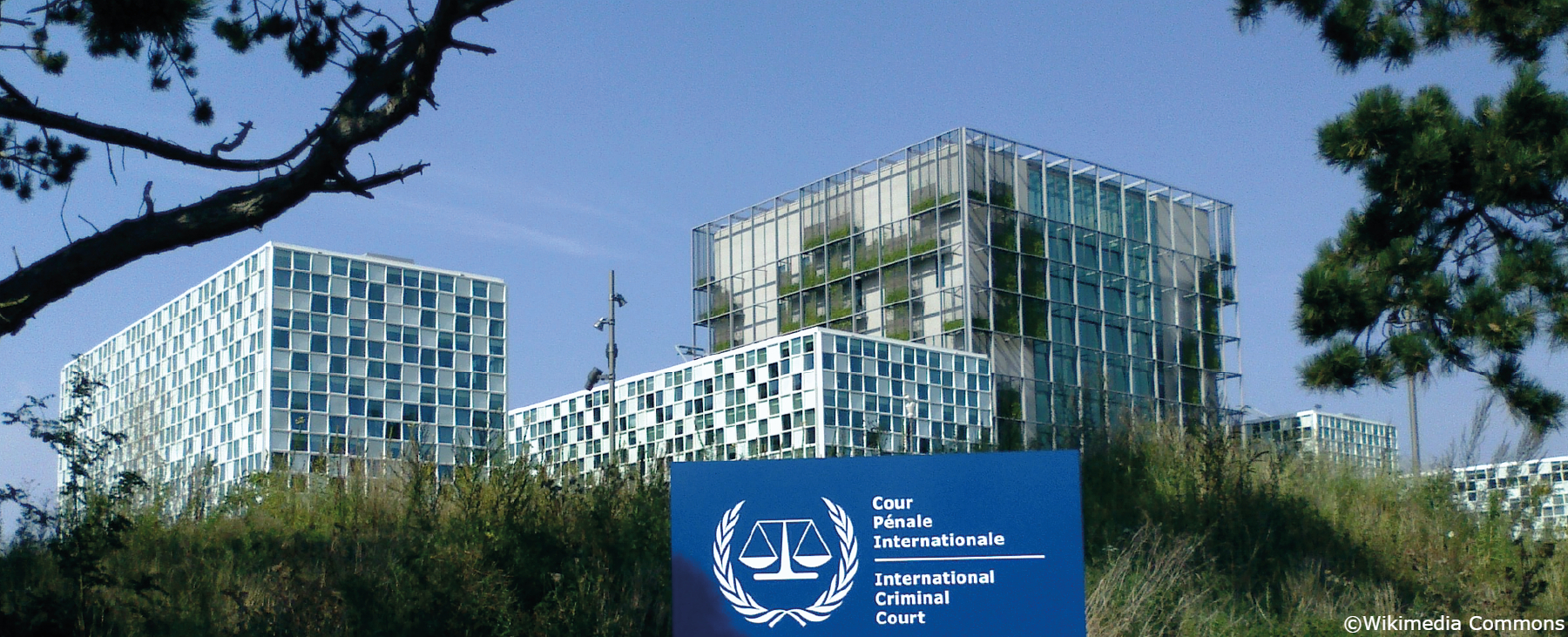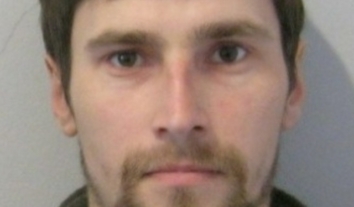US sanctions could undermine ICC’s investigations of war crimes committed in Ukraine – ULAG
The non-governmental organization the Ukrainian Legal Advisory Group (ULAG) stated that the executive order imposing sanctions against the International Criminal Court was devastating for the institution.

Two months have passed since Trump’s executive order imposing sanctions against the International Criminal Court (ICC). During these 60 days, the Secretary of State and the Secretary of the Treasury were to submit a report identifying additional individuals to be added to the list. However, so far, only the ICC Prosecutor, Karim Khan, has been sanctioned.
On March 20, 2025, the President of the ICC, Judge Akane, emphasized this in her addresses to EU representatives. She noted that this has already affected the ability to conduct operations and work with various contractors.
One reason for this is over-compliance – the phenomenon where companies cease providing services even when there is no direct legal basis to do so to avoid potential risks. ULAG elaborated that even though the sanctions only directly target the ICC Prosecutor, other Court staff or the ICC may face difficulties, which could impact its work in various situations — including investigations related to Ukraine.
“We say ‘could’ because there is no public confirmation of this (nor should we realistically expect it). Still, the concern is well-founded and shared, including by representatives of the European Commission. Moreover, the sanctions could still be expanded – either within the framework of the executive order or through separate legislation. The idea of passing such a law may still return to the agenda,” the statement from ULAG reads.
Some restrictions (eg, a US entry ban) could apply not only to individuals directly under sanctions but also to other ICC staff or “agents” of the Court if the Secretary of State designates them as such.
Depending on the scope of the sanctions and the interpretation of the executive order, interactions by civil society organizations with “sanctioned” court representatives in other contexts may also fall under the category of “prohibited.” The representatives of the NGO said that given the political context of this decision, it’s difficult to predict how freely the conditions of the sanctions will be interpreted.
ULAG human rights advocates assessed that the sanctions undermine the legitimacy of the ICC and thus weaken the authority of arrest warrants already issued in relation to Ukraine, as well as the Court’s broader role in delivering justice in the context of potential peace negotiations. These human rights advocates also pointed out that this decision further fuels skepticism among other states and reinforces the perception that ICC decisions and rulings are not binding.
“Unfortunately, the justification for the sanctions resembles that used by Russia: both the US and Israel do not recognize the ICC’s jurisdiction and oppose investigations into their nationals. This also means that [US President Donald] Trump may be more likely to use the ICC’s investigations as a bargaining chip in potential peace negotiations between Ukraine and Russia,” the statement reads.
The organization believes it is crucial to strengthen calls on the EU and its member states to protect the Court. Despite a number of statements supporting the ICC, concrete measures from the EU are still lacking. Chief among the necessary steps is the adoption of a Blocking Statute, which would protect European service providers from US sanctions.
“It is also essential to consider other forms of support and protection for the ICC as the Court continues to face various challenges beyond sanctions, including cyberattacks, chronic underfunding, and threats of prosecution against its officials by other states, such as Russia,” ULAG stated.
On February 6, 2025, US President Donald Trump authorized measures targeting ICC officials involved in investigations of US citizens or those of allied nations.
Russian ballistic missile strikes killed 35 Ukrainians, including seven children, and injured 117 people in the attack on the center of the city of Sumy on the morning of Palm Sunday, April 13, 2025.
US President Donald Trump claimed Russia “made a mistake” when it struck the city of Sumy on Palm Sunday. He did not specify who provided him with this information about the mistake.
When asked to clarify what the President meant by Russia’s “mistake”, Trump replied: “They made a mistake. I believe it was — look, you’re gonna ask them”.










